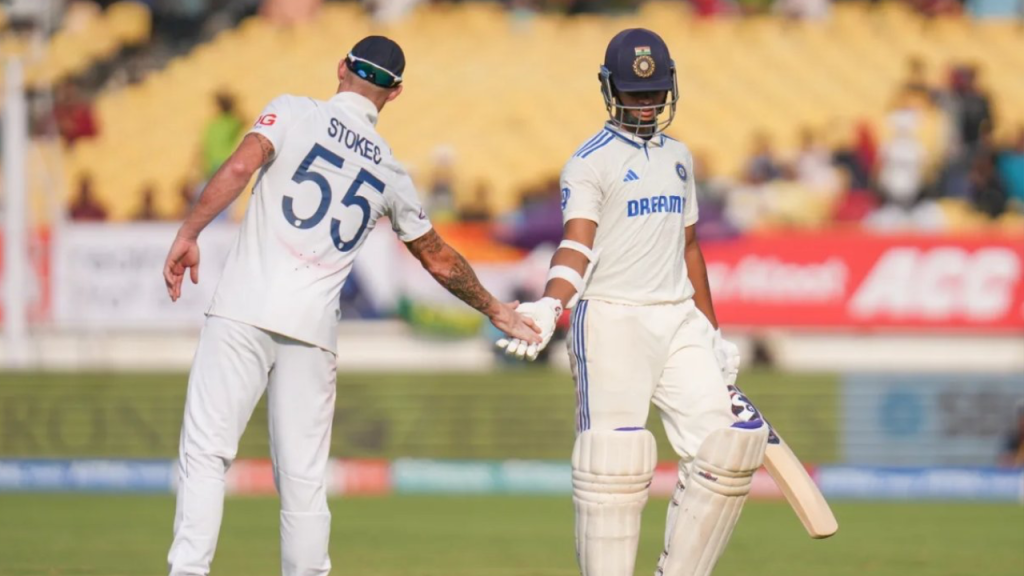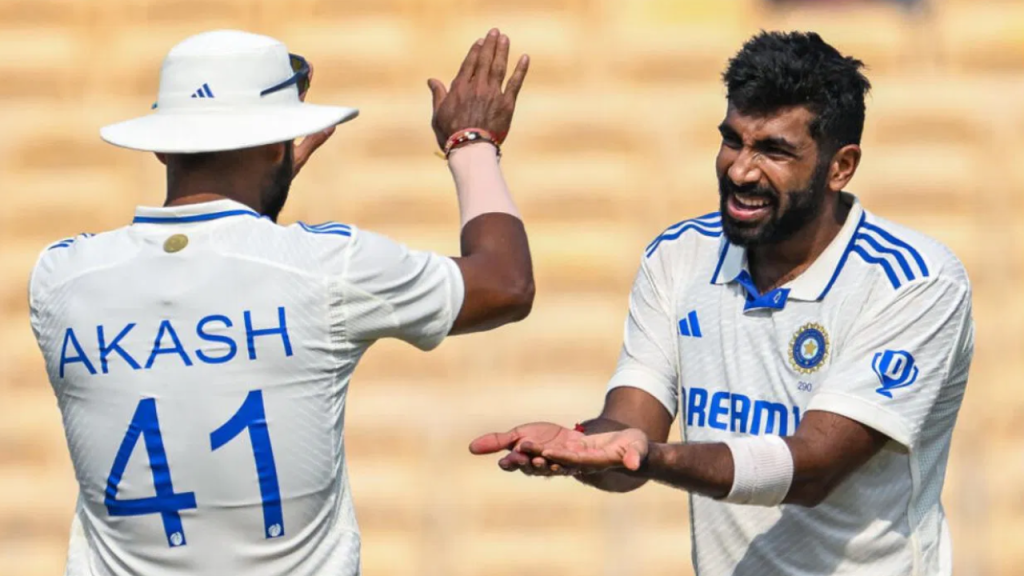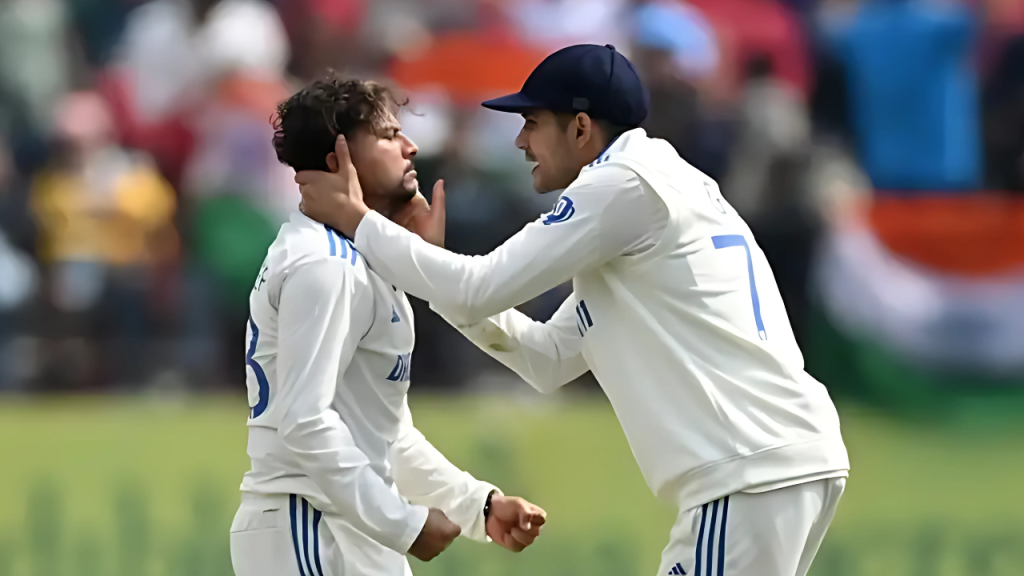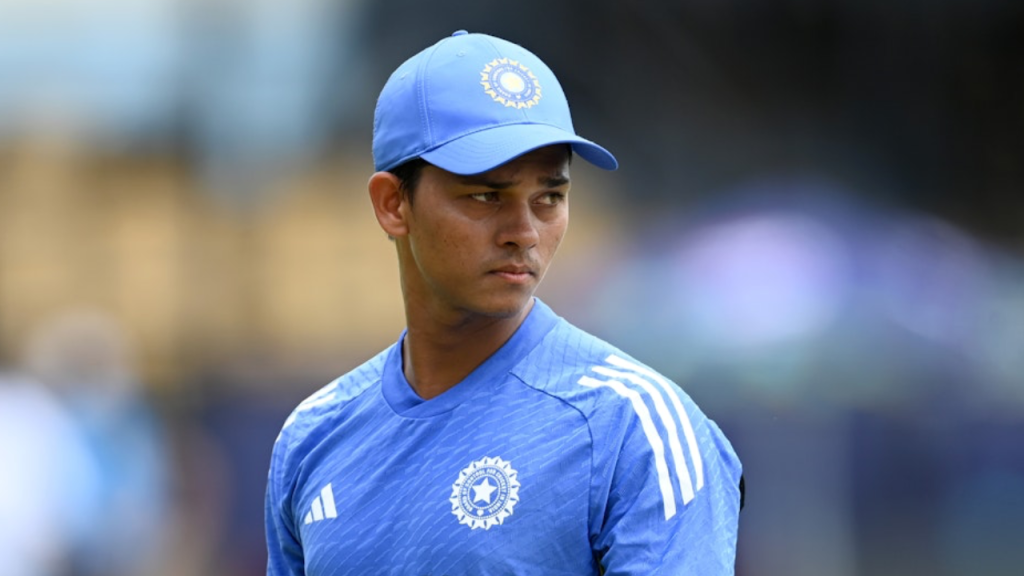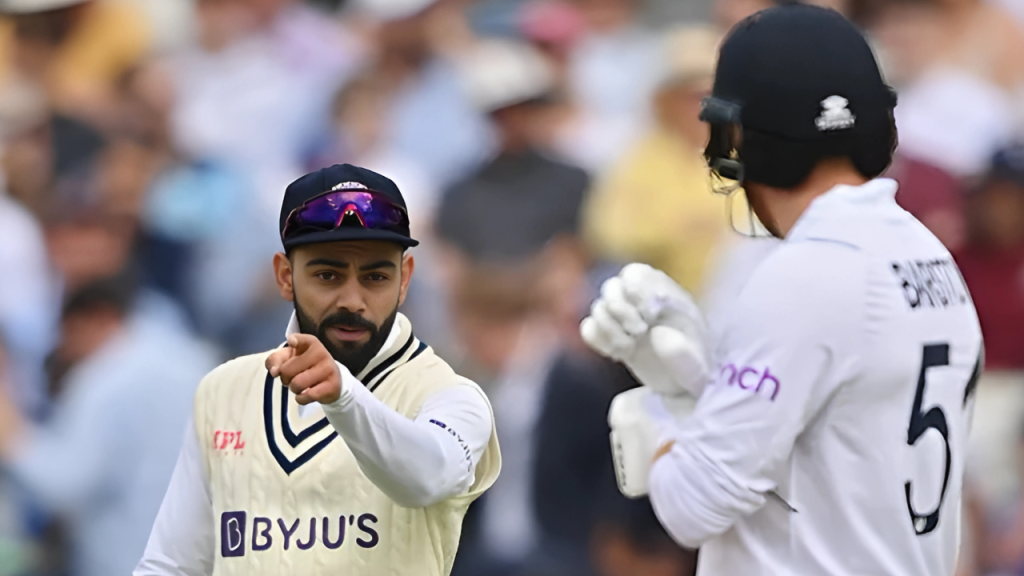In the wake of a disheartening 3-0 series loss to New Zealand, which marked the end of India’s formidable 4331-day unbeaten streak at home, the cricketing community’s focus has now shifted towards the Border-Gavaskar Trophy. This prestigious series against Australia, set to commence on November 22 in Perth, holds not just the promise of redemption but also the key to securing a spot in the World Test Championship (WTC) final. However, the air of anticipation is tinged with uncertainty, primarily due to the ambiguous status of India’s captain, Rohit Sharma.
Rohit Sharma, known for his aggressive captaincy and robust batting, has been the backbone of the Indian Test team. Yet, in a recent statement that has sent ripples through the cricketing fraternity, Rohit Sharma expressed his doubt about participating in the series opener. “Right now, I am not too sure whether I will be going, but let’s see. Fingers crossed,” he remarked, leaving fans and analysts speculating on his availability. This statement came in the backdrop of India’s failure to chase a modest target of 147 runs in the third Test against New Zealand, a match that encapsulated the team’s struggles throughout the series.
The reasons behind Sharma’s potential absence are rooted in personal commitments, with reports suggesting that he and his wife are expecting their second child around the same time as the first Test. This personal milestone for Rohit Sharma could mean a paternity leave, a scenario that has led to Jasprit Bumrah being named as the vice-captain, ready to step into the leadership role if needed. The absence of Sharma, especially at such a critical juncture, poses significant challenges for India. His leadership and opening batting slot are pivotal, and his potential replacement, Abhimanyu Easwaran, while talented, lacks the experience and stature Sharma brings to the team.
The Border-Gavaskar Trophy, beyond its traditional rivalry, now carries the weight of India’s aspirations for the WTC final. A series win against Australia, particularly by a margin of four or more matches, would not only be a psychological victory but also mathematically secure India’s place in the final. However, Sharma’s absence could disrupt this plan, given his track record of performing under pressure and his strategic acumen on Australian pitches.
The Indian team, already reeling from the loss against New Zealand, faces a psychological battle as much as a physical one. The series against Australia is not just about reclaiming lost ground but about proving their mettle in conditions known to be challenging. Sharma’s leadership has often been the glue holding the team together in tough times, making his potential absence a significant concern.
As the cricket world watches, the next few days will be crucial. Will Rohit Sharma make a last-minute decision to join his team, or will personal joy take precedence over professional commitments? The answer to this question could very well dictate the narrative of the upcoming series. For now, as Sharma keeps his fingers crossed, so do millions of fans, hoping for a miracle that aligns his personal joy with the nation’s cricketing aspirations.
The saga of Rohit Sharma’s availability for the Border-Gavaskar Trophy is more than just a cricketing story; it’s a narrative of balancing personal life with professional responsibilities at the highest level. Whether he dons the whites in Perth or not, Sharma’s influence on the series, either through his presence or his absence, will undoubtedly be a talking point. As cricket lovers around the globe wait with bated breath, one thing remains clear: the game of cricket, much like life, is full of uncertainties, and sometimes, it’s these uncertainties that make it truly captivating.
